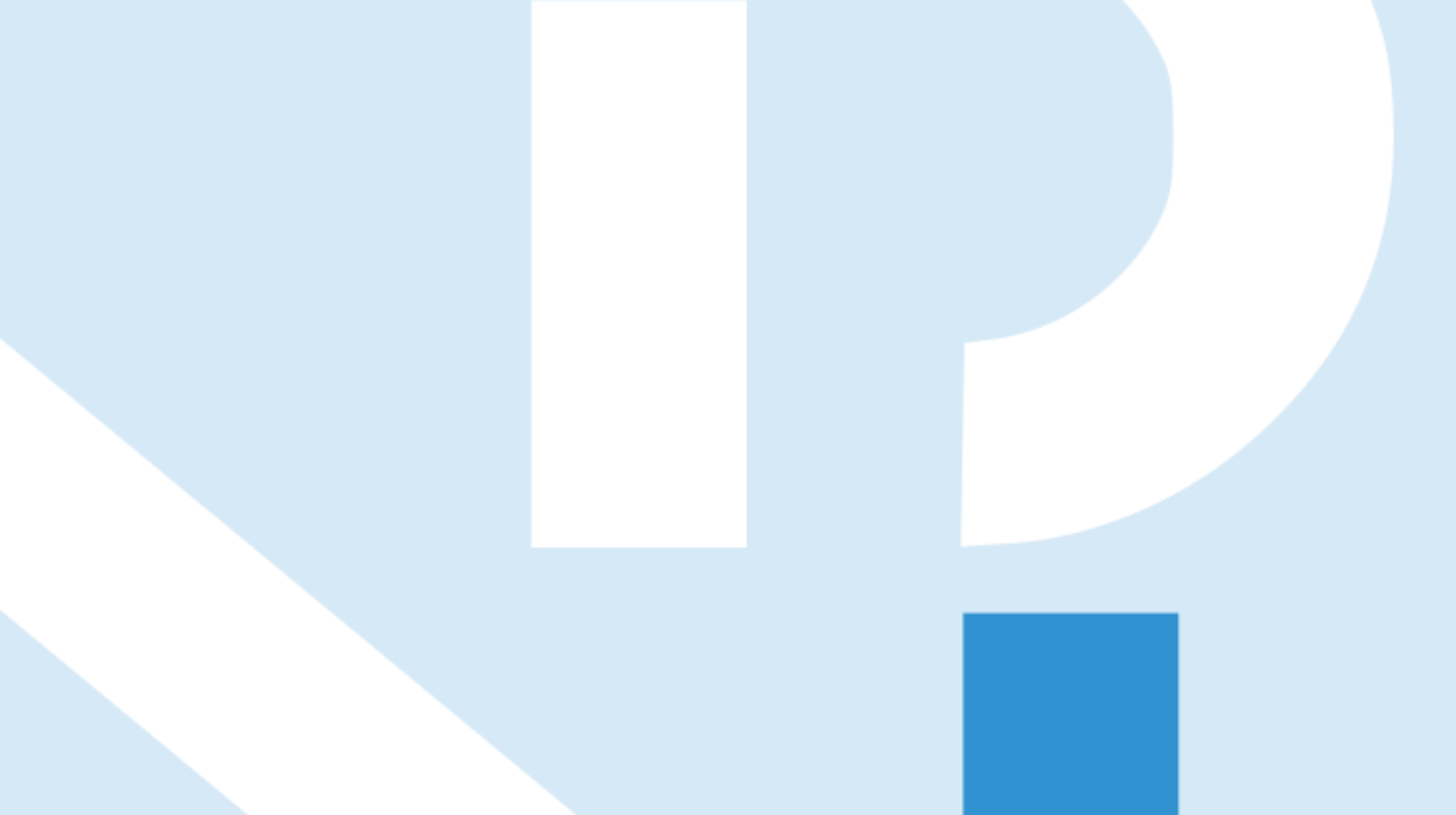Scientific Misconduct in Current Materials Research: Aspects, Conditions and Perspectives
DIPC Seminars
- Speaker
-
Johannes Gierschner
IMDEA Nanoscience, Spain - When
-
2024/02/08
10:00 - Place
- Hybrid Seminar: Donostia International Physics Center
- Host
- Claire Tonnelé
- Add to calendar
-
iCal

In the past two decades, awareness of 'good scientific practice' has grown in universities and research institutions, in particular with the increasing cases of fraud and plagiarism, as well as with conflict of interest and authorship. Along with this, also more general ethical questions were raised concerning human genetics, animal welfare and data protection, the abuse of confidence or funding, or diversity and gender issues. For these broader ethical concerns, commissions were established and ombudswoman & -men are now frequently appointed, while for scientific misconduct, safeguarding guidelines are readily available.1,2 In any case, such rules usually focus on most obvious violations (summerized under the term FFP: falsification, fabrication, plagiarism),3,4 while their increasing, and systematic occurrence provide evidence for a much deeper, inherent crisis in scientific research and publication.
The seminar intends to shed light on these less obvious, but more fundamental aspects of scientific misconduct, being the fertile soil on which the more apparent violations proliferate. Diving deeper below the 'tip of the iceberg', we will discuss examples from current materials research, having direct practical implications for researchers in the early stage of their career.
In a broader sense, the current crisis in good scientific practice touches the self-conception of science, it's distinction from (in particular applied) research, and its significance in times of a rapidly changing society with grand challenges ahead. Hence, we will then turn to the underlying reasons for the increase of scientific misconduct in research, addressing societal conditions and the implications for science politics, which (partly inadvertently) foster the crisis. 5,6
With this in mind, we finally draft fundamental elements of good scientific practice as guidelines for daily work of (young) researchers in (chemical/materials) research.
1 see e.g. German Science Foundation (DFG): Code of Conduct "Guidelines for Safeguarding Good Research Practice", see https://wissenschaftliche-integritaet.de/en/
2 COPE - Committee on Publication Ethics: https://publicationethics.org
3 B. J. Feldman, US-China Education Review A 2012, 4, 418. https://eric.ed.gov/?id=ED533568
4 F.-X. Coudert, Chem. Mater. 2019, 31, 10, 3593. https://doi.org/10.1021/acs.chemmater.9b00897
5 various aspects of scientific misconduct in Spain and abroad are now frequently addressed in a series of articles in El Pais (in Spanish), inter alia on fake affiliation, scientfic hyperproduction, fale authorship and questionable publication politics; see https://elpais.com/noticias/etica- cientifica
6 for further reading on some relevant aspects, see e.g.
(a) H. Hopf et al, Angew. Chem. Int. Ed. 2020, 59, 2150. https://doi.org/10.1002/anie.201911889;
(b) A Role for Funders in Fostering China’s Research Integrity, L. Tang, Science 2022, 375, 979. https://doi.org/10.1126/science.abm7992;
(c) S. L. Scott et al, ACS Catal. 2022, 12, 6, 3644. https://doi.org/10.1021/acscatal.2c00967;
(d) M. Carlton, L. Leininger, in: Teaching About Fake News: Lessons Plans for Different Disciplines and Audiences, (Ed.: C. Benjes-Small, C. Wittig, M. K. Oberlies). ACRL 2021. https://libres.uncg.edu/ir/uncg/f/L_Leininger_How_2021.pdf
(e) Good Chemistry: Methodological, Ethical, and Social Dimensions, J. Mehlich, RSC Publishing, 2021
(f) M. A. Hanson et al, 10.48550/arXiv.2309.15884
